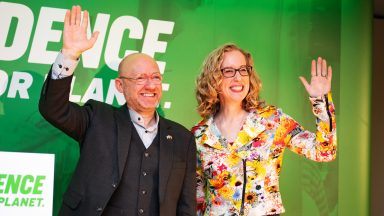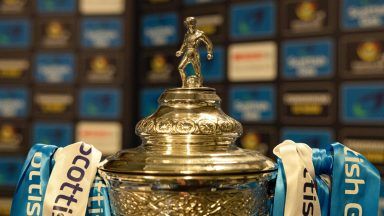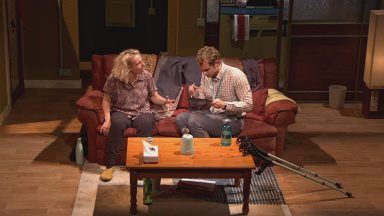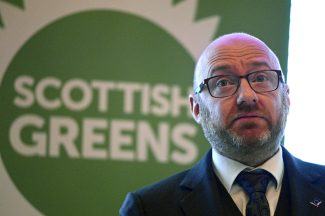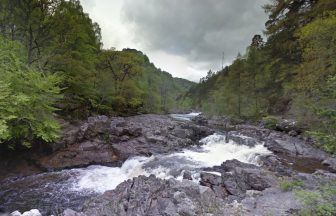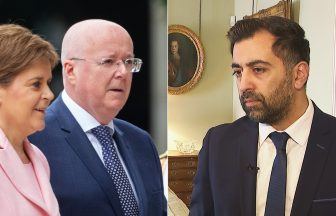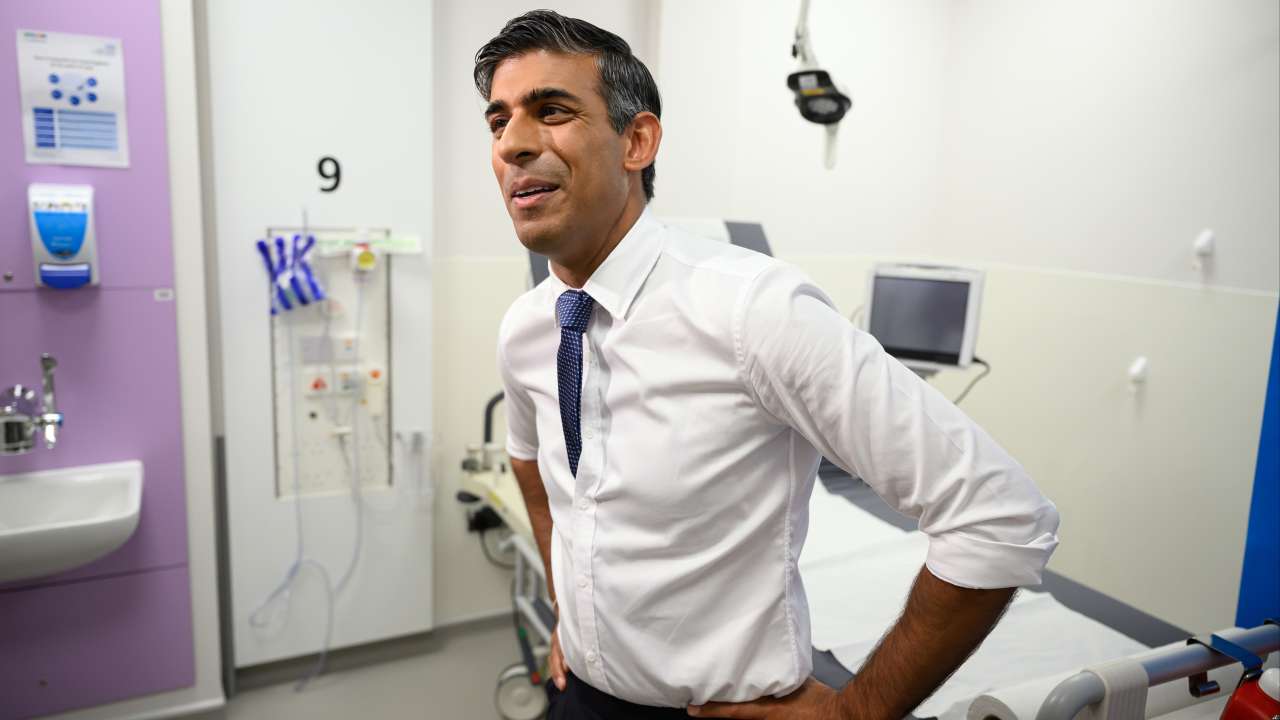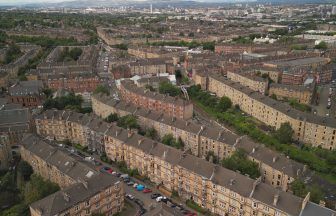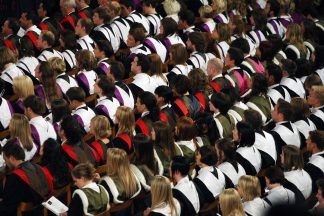There have been two seminal elections of the post-war period which ushered irreversible change. Labour’s 1945 landslide entrenched the welfare state and Margaret Thatcher’s victory in 1979 recast economic orthodoxy.
1979 was also the first time that David Dimbleby anchored the BBCs overnight election results programme. He was flanked by the doyen of election studies, David Butler from Nuffield College Oxford, and Robert McKenzie, the Canadian professor with the swingometer.
In the Glasgow studio a young academic offered interpretation of the Scottish results. Professor Bill Miller steered viewers through a night when the SNP lost nine seats and Labour defeated the man who would have been Mrs Thatcher’s Scottish secretary, Teddy Taylor.
The ease, calm and authority with which Miller analysed the results should have led BBC bosses to sign him up as a resident analyst. They didn’t. Their loss was to be STV’s gain as Bill Miller went on to have a 30-year association with the commercial broadcaster.
Professor William L. Miller was educated at Aberdeen Grammar School, the Royal High School of Edinburgh and at the Universities of Edinburgh and Newcastle.
After finishing a PhD on information retrieval, the mathematician took his career in a different direction and applied for a job teaching politics at the University of Strathclyde, where the driving force was a colossus among political scientists, Professor Richard Rose.
He recalls: “William Miller had a very clear and good mind. But he didn’t want it to be empty and that’s why I hired him.” Rose, like Miller, was a pioneer in a field now dominated by Professor Sir John Curtice.
Former STV producer Henry Eagles remarks: “It is remarkable how three great analysts, Rose, Miller and Curtice have come out of Glasgow’s universities. They sound like a 70s band. They had enormous influence.”
The former Labour minister Brian Wilson said Miller played a major part “in establishing Strathclyde University’s reputation as a centre for psephology at the highest levels” and he paid tribute to the “clarity of his communication”.
James Mitchell, professor of public policy at Edinburgh University says Miller was the best psephologist in Scotland in his time, adding: “His combined strengths in mathematics and politics were evident in his highly innovative approach to the study of political opinion,”
During the Hillhead by-election of 1982, Bill Miller oversaw a telephone opinion poll taking STV viewers through the results. The “by-election of the century”, as it was dubbed, propelled the anglicised Welshman Roy Jenkins to Westminster as the then-SDP leader started a love affair with Glasgow’s west end.
‘The question, ‘Professor Miller, what does it mean?’, was a cue to have the tablets of stone handed down from the master as Bill identified trends, corrected politicians intent on spin, offered wider context and provided a bedrock for solid public service broadcasting.’
Bernard Ponsonby
Bill Miller remained at Strathclyde until 1985 when he crossed the city to become the Edward Caird Professor of Politics at the University of Glasgow. His study areas included elections and the democratic process and he published widely throughout his career as well as spearheading numerous research projects.
Miller belonged to that school of academic who was more interested in the university as a powerhouse to enrich the mind than a business pitching for an eye-catching line in the financial section of the annual report.
I recently came across one of his lectures STV filmed and the rapport with his students was so obviously warm and respectful.
In common with a lot of academics, he was never in danger of becoming a style icon, and tweed, corduroy, gingham and wool ties were never far away. He had a slight air of trying to invent shabby as chic but it didn’t matter, for the crispness and authority of his broadcasting cut through any temptation to pass sartorial comment.
Colin MacKay, STV political editor from 1973-1992, shared many an election studio with Bill Miller. He said: “His presence at pre-election planning meetings at STV lent reassurance.
“Calm, considered, thoughtful yet incisive, he explored with us the Scottish and British party strengths and weaknesses, surveyed the general trends in voting intention polls and mapped out the likely battlegrounds.”
The first three hours of election night programmes are an exercise in turning padding and waffle into something watchable. Bill Miller’s command of his subject helped build a sense of anticipation before the inevitable deluge of results.
He spoke softly but quickly and if there was something substantial to report, he became animated to convey that the contribution was significant in terms of the story of the night.
The question, ‘Professor Miller, what does it mean?’, was a cue to have the tablets of stone handed down from the master as Bill identified trends, corrected politicians intent on spin, offered wider context and provided a bedrock for solid public service broadcasting.
STVs long-standing politics and current affairs producer Stephen Townsend said: “Bill was a total joy to work with. On election nights, he commanded the screen with his fresh insights and warm personality.”
My first ever interview for STV was with Professor Miller. For twenty years I worked regularly with him and became acutely aware that working in broadcasting affords the privilege of meeting people who are simply the best in their field. Bill Miller was, quite simply, peerless.
His combination of huge intellect and unassuming manner drew an undiminished affection from students, colleagues and journalists and won the respect of politicians even when his judgements unnerved their desire to tell it as they saw it.
Bill Miller died within two weeks of the passing of his wife, Fiona Miller, to whom he was married for more than 50 years.
He is survived by sons Iain and Andrew and daughter Shona as well as six grandsons. Those grandsons did not know their grandfather in his prime.
Recently, a compilation of his STV broadcasts was sent to the family. Now, those grandchildren too can appreciate the mind of a lovely man who will be remembered with gratitude and affection by everyone he taught and worked with.

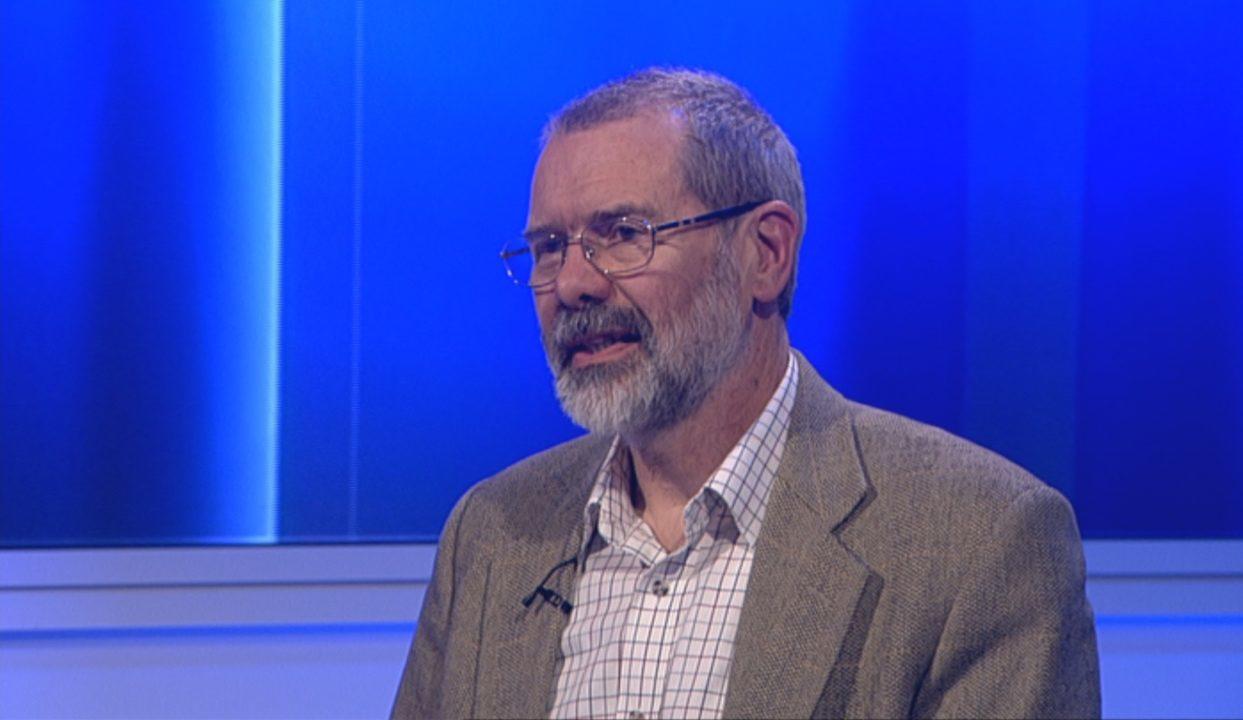 STV
STV
